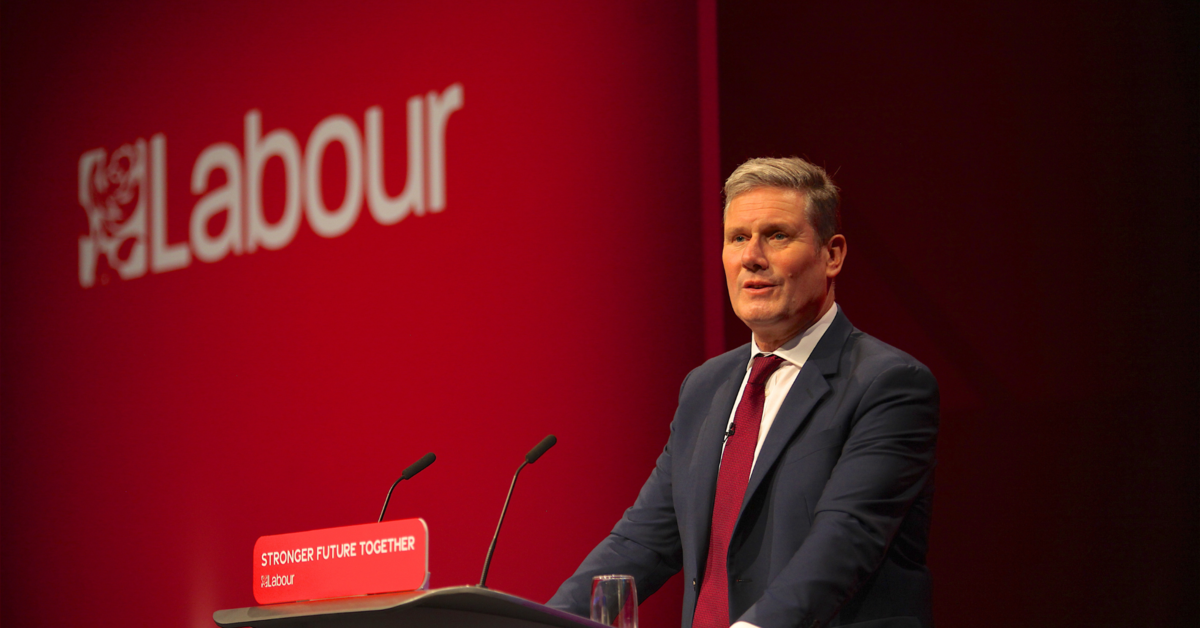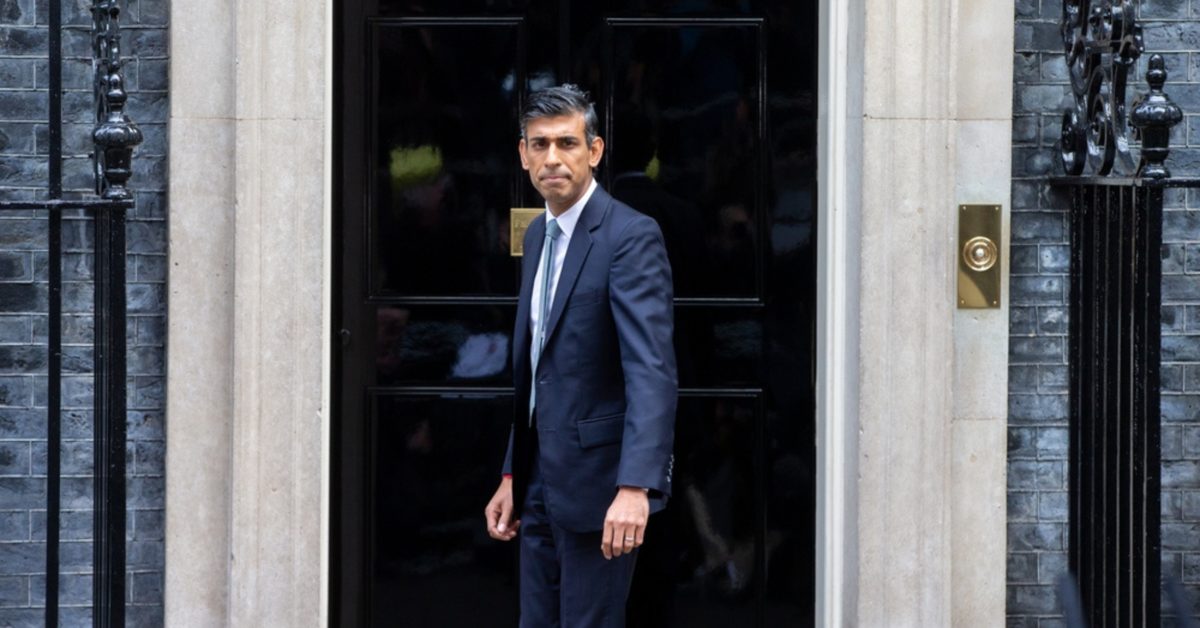Overview
With the UK Labour Party consistently ahead in the polls, and the country reflecting on a chaotic year under this Conservative Government, attention has naturally turned to the Opposition, and to what a Keir Starmer-led Government could look like. This week saw Labour provide more detail on their approach and policy priorities as they launched Gordon Brown’s report ‘A New Britain: Renewing our Democracy and Rebuilding our Economy’ and held a major business engagement event attended by the Labour Leader, Shadow Chancellor and many other senior Labour figures where the Party stressed their keenness to engage with business. Riding high from a successful Labour Party Conference in September, over the last few days Starmer and his team have sought to demonstrate further what a Labour Government after the next General Election will focus on, and to show just how much they have changed since the Corbyn years.
Labour Party Business Conference 2022
Labour’s sold-out business conference in Canary Wharf welcomed 350 attendees from businesses around the country. Addressing the conference, Sir Keir Starmer recognised the event and audience were clear evidence of how much Labour has changed in recent years. ‘Partnership’ was the word of the day as members of the Labour frontbench stressed how much they value engagement and input from business. Alongside the frontbench was an impressive line-up of business speakers, including from Microsoft UK, Tesco, M&S, Aviva and the CBI. Sponsors of the event included the household names of HSBC and SSE. Labour used the event to launch the findings of their start-up review, as well as to hold discussions on navigating economic uncertainty, industrial strategy, skills, and delivering national and regional growth through trade. The sense from the audience was positive too, with a recognition of the effort being made by Labour to reach out for input and expertise.
Of particular note, was the seriousness with which Labour had clearly taken the event. The conference heard from the most senior members of the Shadow Cabinet, including Labour Leader Sir Keir Starmer MP, Shadow Chancellor Rachel Reeves MP, Deputy Leader Angela Rayner MP and Shadow Business Secretary Jonathan Reynolds MP, as well as Mayor of London Sadiq Khan. Over lunch, 35 shadow ministers were in attendance to network with attendees, a demonstration of the importance being put on the conference from the Labour leadership. Of note too was the professionalism of Labour’s Shadow Cabinet. Each speaker demonstrated a clear grasp of their brief, handling questions from journalists and the audience with ease. Message discipline was on show too, as each of them claimed that Labour is ‘back in business’.
The event this week showed a Labour Party that has moved a long way from the Corbyn era. Just three years since the last General Election, Thursday’s conference showed a Labour Party serious about winning power, with the preparation of a programme for Government well underway. As members of the Shadow Cabinet claimed throughout the day that Labour is ‘back in business’, in the room on Thursday it certainly felt as if they might just be on their way to Government.
A New Britain: Renewing our Democracy and Rebuilding our Economy
Earlier this week, Labour launched former Prime Minister Gordon Brown’s Report of the Commission on the UK’s Future. Joined by Sir Keir Starmer, Brown unveiled ‘A New Britain: Renewing our Democracy and Rebuilding Our Economy’, which contains a range of recommendations on democratic and economic reform.
The most headline grabbing elements of the report were proposals to replace the House of Lords with a new second chamber of Parliament: an Assembly of the Nations and Regions, to broaden the powers held by the Scottish and Welsh governments, to clean up politics with new rules for politicians and civil servants, and a number of recommendations aimed at promoting economic growth in regions around the UK.
Key elements that will affect business include:
- Towns and cities across England given new powers to drive growth
- A reformed suite of place-based, innovation-led R&D programmes
- The UK Infrastructure Bank given an explicit mission to address regional economic inequality in the provision of infrastructure
- The British Business Bank given a new remit to promote regional economic equality in access to investment capital
- An economic growth or prosperity plan for every town and city
- Enhanced access to economic resources for Scotland and Wales
Whilst the report was carried out by Gordon Brown, Starmer fronted the launch and rowed in behind the recommendations. This is a chunky and detailed piece of work, setting out an extensive foundation of what Labour’s priorities in these areas would be in Government.
The full report can be read here.
Conclusion
In the months since Labour’s successful trip to Liverpool for their Annual Conference in September, the Party has continued to set out a blueprint for Government and to add more detail to its policy platform ahead of the General Election. Under Starmer’s leadership, Labour has come a long way in just three years. This week they have demonstrated they are a serious political party gearing up for Government.



